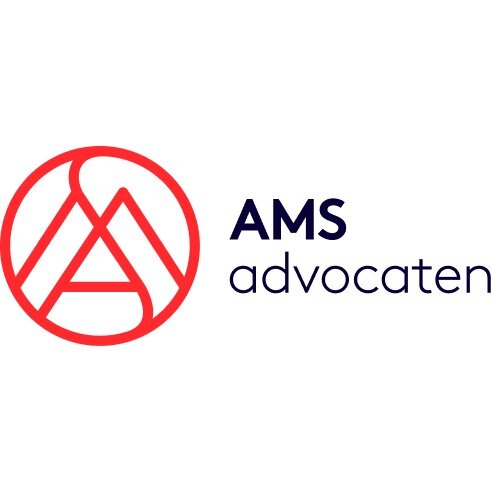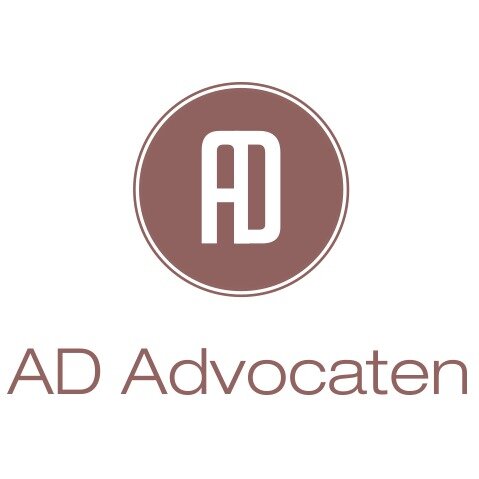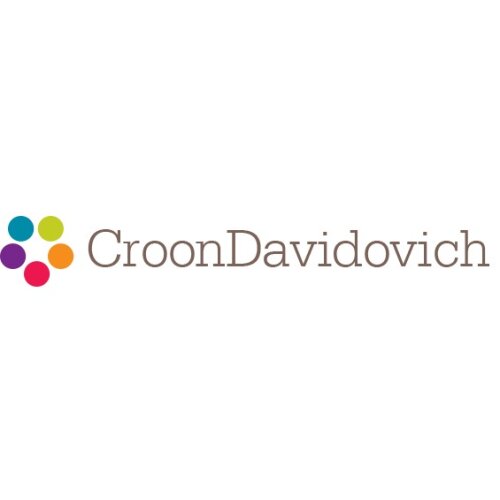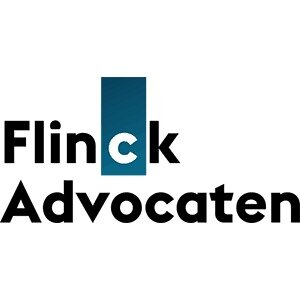Best Conveyancing Lawyers in Amsterdam
Share your needs with us, get contacted by law firms.
Free. Takes 2 min.
Free Guide to Hiring a Real Estate Lawyer
List of the best lawyers in Amsterdam, Netherlands
About Conveyancing Law in Amsterdam, Netherlands
Conveyancing is the legal process of transferring ownership of real estate from one person to another. In Amsterdam, Netherlands, conveyancing typically refers to the purchase and sale of property, including houses, apartments, and commercial spaces. This process involves a series of legal steps designed to ensure that the buyer obtains unencumbered ownership and that all legal and financial requirements are met. Dutch law requires the involvement of specialized legal professionals known as notarissen (notaries) to oversee the transaction and register the change of ownership with the official Land Registry.
Why You May Need a Lawyer
Conveyancing can become complicated due to legal, financial, and administrative factors. Engaging a legal expert is recommended in several situations, such as:
- Buying or selling property in Amsterdam for the first time
- Understanding Dutch legal documents if you are not fluent in Dutch
- Addressing issues with property boundaries, easements, or legal defects
- Ensuring that all due diligence is performed, including checking for debts or claims against the property
- Handling disputes between buyers and sellers before completion
- Managing inheritance transfers involving real estate
- Facilitating mortgage transactions and calculations of associated taxes and fees
A legal expert will help navigate through each step, clarify obligations, and minimize the risk of future disputes or unforeseen complications.
Local Laws Overview
Conveyancing in Amsterdam is governed by Dutch civil law, with specific procedures and requirements:
- All property transactions must be completed through a registered Dutch notary. The notary acts as an impartial legal professional who drafts and verifies the deeds and registers them with the Kadaster (Land Registry).
- The buyer and seller must sign a preliminary purchase agreement (koopovereenkomst), typically prepared and reviewed by the notary or a lawyer.
- Buyers are usually required to pay a deposit (normally 10 percent of the purchase price) shortly after signing the preliminary agreement.
- The notary will conduct due diligence, including verifying property ownership, checking for any liens or encumbrances, and confirming compliance with zoning and environmental regulations.
- After the final deed is signed, the notary registers the new ownership with the Land Registry on behalf of the buyer. The transfer is only legally effective after this registration.
- The buyer is responsible for certain costs, such as notary fees, transfer taxes, and registration fees.
Conveyancing law in the Netherlands is highly regulated. Even though the notary is a neutral party, hiring an independent legal advisor is helpful, especially for foreigners or first-time buyers.
Frequently Asked Questions
What is the role of a notary in Amsterdam conveyancing?
The notary is a specialized legal professional responsible for drafting, verifying, and registering property transfer deeds. The notary acts as a neutral third party and ensures that the transaction complies with all legal requirements.
Do I need to hire my own lawyer, or is the notary sufficient?
While the notary is required by law and acts impartially, hiring your own lawyer provides you with personal advice and assistance, especially if you need help understanding the contract or protecting your interests during negotiations.
What documents are needed to complete a property purchase in Amsterdam?
You will need a valid identification, proof of financial means, the preliminary purchase agreement, details of the property, and reports on the property’s legal status and debts. Your lawyer or notary will guide you on all required documents.
How long does the conveyancing process typically take?
The process can take anywhere from several weeks to a few months, depending on the complexity of the transaction and the promptness of all parties in providing the required documentation.
What is transfer tax, and who pays it?
Transfer tax (overdrachtsbelasting) is a tax levied on the purchase of real estate. The buyer is usually responsible for paying this tax upon transfer of ownership.
Can foreign nationals buy property in Amsterdam?
There are generally no restrictions for foreign nationals purchasing property in Amsterdam. However, non-residents should be aware of potential additional administrative steps and banking requirements.
What happens if problems are discovered after purchase?
Buyers are protected by Dutch law if issues not disclosed by the seller before the sale are discovered post-purchase. However, resolving such disputes often requires legal assistance and can be complex.
Is it possible to terminate a signed preliminary purchase agreement?
Yes, Dutch law provides for a statutory cooling-off period (usually three days) during which the buyer can withdraw without penalty. After this period, termination may involve penalties unless otherwise agreed in the contract.
What are the main costs involved in conveyancing?
Costs typically include the notary’s fees, transfer tax, registration fees, and any legal or mortgage advice fees. Your lawyer or notary will provide a detailed breakdown before you commit to the transaction.
How is ownership officially registered?
After signing the final deed of transfer, the notary registers the new ownership with the Dutch Land Registry (Kadaster), making the transfer legally binding and public.
Additional Resources
Several resources and organizations can assist individuals requiring legal advice or support with conveyancing in Amsterdam:
- Kadaster (Dutch Land Registry) - Maintains property records and manages ownership registrations.
- KNB (Royal Dutch Notarial Association) - Oversees notaries in the Netherlands and provides information on notarial services.
- Amsterdam Municipality (Gemeente Amsterdam) - Offers guidance on property taxes, permits, and local regulations.
- Legal Aid Board (Raad voor Rechtsbijstand) - Provides information about legal aid and affordable legal services.
- Dutch Consumers’ Association (Consumentenbond) - Offers information and guidance for individuals navigating property transactions.
Next Steps
If you are considering buying or selling property in Amsterdam, it is essential to:
- Research and select a qualified notary and, if desired, an independent lawyer experienced in Dutch conveyancing law.
- Gather all relevant documentation and financial information before initiating the transaction.
- Obtain clarity on your rights, responsibilities, and associated costs by seeking legal advice.
- Request a breakdown of expected fees and a project timeline from your notary or lawyer upfront.
- Consult with relevant organizations or authorities if you encounter language barriers or legal uncertainties.
Careful preparation and professional guidance will help you avoid common pitfalls and ensure a smooth completion of your real estate transaction in Amsterdam.
Lawzana helps you find the best lawyers and law firms in Amsterdam through a curated and pre-screened list of qualified legal professionals. Our platform offers rankings and detailed profiles of attorneys and law firms, allowing you to compare based on practice areas, including Conveyancing, experience, and client feedback.
Each profile includes a description of the firm's areas of practice, client reviews, team members and partners, year of establishment, spoken languages, office locations, contact information, social media presence, and any published articles or resources. Most firms on our platform speak English and are experienced in both local and international legal matters.
Get a quote from top-rated law firms in Amsterdam, Netherlands — quickly, securely, and without unnecessary hassle.
Disclaimer:
The information provided on this page is for general informational purposes only and does not constitute legal advice. While we strive to ensure the accuracy and relevance of the content, legal information may change over time, and interpretations of the law can vary. You should always consult with a qualified legal professional for advice specific to your situation.
We disclaim all liability for actions taken or not taken based on the content of this page. If you believe any information is incorrect or outdated, please contact us, and we will review and update it where appropriate.














